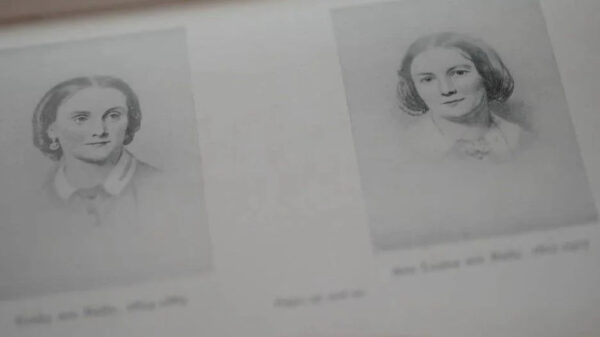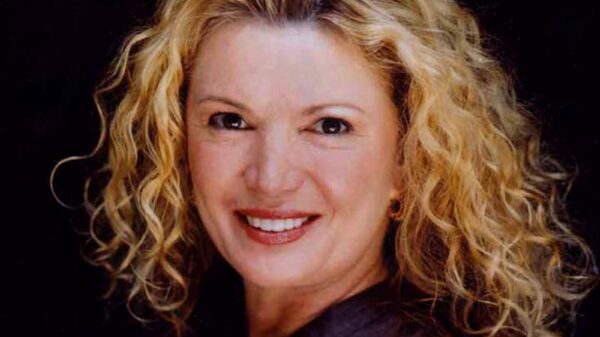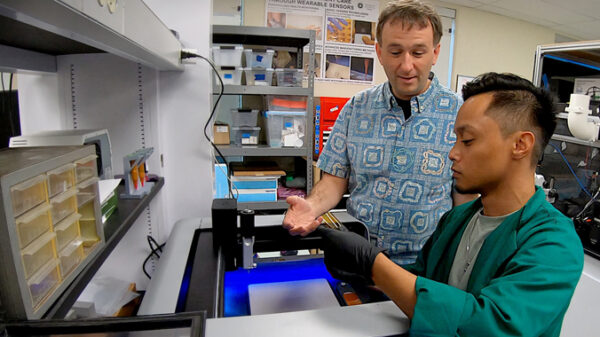A family in Illinois is grappling with the mental health struggles of a sister who believes she was a victim of human trafficking throughout her childhood. Despite growing up in a safe and privileged environment on a farm, she has developed severe delusions. Her situation has worsened since entering a long-term relationship with her boyfriend, who also struggles with mental health issues.
The sister, now in her mid-40s, refuses treatment and insists that there is nothing wrong with her. This has led to a distancing from her family, including her three adult children, who are unable to support her effectively due to her destructive beliefs about their intentions. The family has expressed deep concern for her well-being, particularly as she attempts to apply for disability benefits while barely making ends meet.
Seeking Help and Guidance
In a letter addressed to advice columnist Abigail Van Buren, known as Dear Abby, the sister’s family member detailed the painful impact of her mental health crisis. They noted that both she and her boyfriend are unable to work, creating significant financial strain. With no willingness from the sister to accept medical intervention, the family is left feeling helpless.
“It is painful to see her this way when medicine could help, but she refuses,” the family member wrote.
Dear Abby’s response emphasized the need for professional assistance. She suggested that the family reach out to a social worker or a local mental health department to explore options for intervention. The columnist highlighted that while medication could be beneficial, the sister’s refusal to seek treatment complicates the situation.
Exploring Personal Relationships
In a separate letter, another individual sought advice regarding intense feelings for a man they know. Despite efforts to find attraction in others, the writer feels stuck in a cycle of fixation that hinders their ability to meet new people. They expressed concerns about lowering their standards and missing out on potential relationships due to their focus on this one person.
Dear Abby advised the writer to shift their focus from the fantasy of romance and to concentrate on living life. She pointed out that waiting for someone who may never reciprocate can lead to missed opportunities for meaningful connections with others.
The advice provided by Dear Abby reflects a broader conversation about mental health and the complexities of personal relationships. As families navigate these challenging situations, seeking professional guidance can play a crucial role in finding effective solutions and support.
Readers can access more advice and insights from Dear Abby through her website at http://www.DearAbby.com or by writing to her at P.O. Box 69440, Los Angeles, CA 90069.






































































